Non-profits, local governments and First Nations constantly face the challenge of limitations on their sources of revenue. This challenge has the potential to limit their ability to deliver programming to their communities and move projects forward. While grant funding is available, these groups often have limited staff and volunteers without the experience or time to put together applications so that they successfully receive funding. In these cases, the support of a grant writer can make all the difference. Recognising these challenges, Northern Development created the Grant Writing Support Program.
Northern Development’s Grant Writing Support Program is designed to assist municipalities, regional districts and First Nations to build grant-writing capacity and expertise. The program covers up to 76% of wages as $8,000 in rebate funding each year to support the employment of a locally based grant writer. The funding is available to local governments and First Nations bands in the Trust’s service region.
Since its inception, interest in the Grant Writing Support Program has grown considerably. In 2007, 17 communities received funding through the program, representing an investment of $120,000. This year, 52 communities received $423,498 in funding.

Andy Ackerman has been an incredibly active participant in this program. In 2015, Ackerman applied for $4,363,917 in grant funding and the projects he worked on were awarded $689,971. Experienced grant writers like Andy provide non-profits with exceptional value in several ways:
• They know the appropriate funders to approach for specific types of projects
• The kinds of projects they are looking to support at a given time; and
• The format applications should be submitted.
The key to success for these grant writers is understanding the importance of building relationships. Ackerman works closely with the North Peace Economic Development Commission (NPEDC) to make connections with local governments and societies. By working closely with organizations he is writing the grants for as well as the funding institutions themselves, Ackerman is better equipped to write successful proposals.
“Success in grant writing comes from a great partnership between the grant writer, applicant, and many times, the funder,” said Ackerman. “I often tell people that I cannot do this alone because I need to get a lot of details from the organization, and many times, meet the people involved. Dealing directly with the applicant is a great experience, and although I know a lot of people in the area, I often get to meet new individuals who are very passionate about their organization and want to see a successful outcome. And of course, there are the funders like Northern Development, who have great staff who want to see the organization get to ‘yes’.”
Northern Development has invested more than $3 million supporting grant writers in the region. Since 2007, this investment has since been leveraged close to $379 million in grant funding applications, with $108 million in new funding successfully approved for the region.










